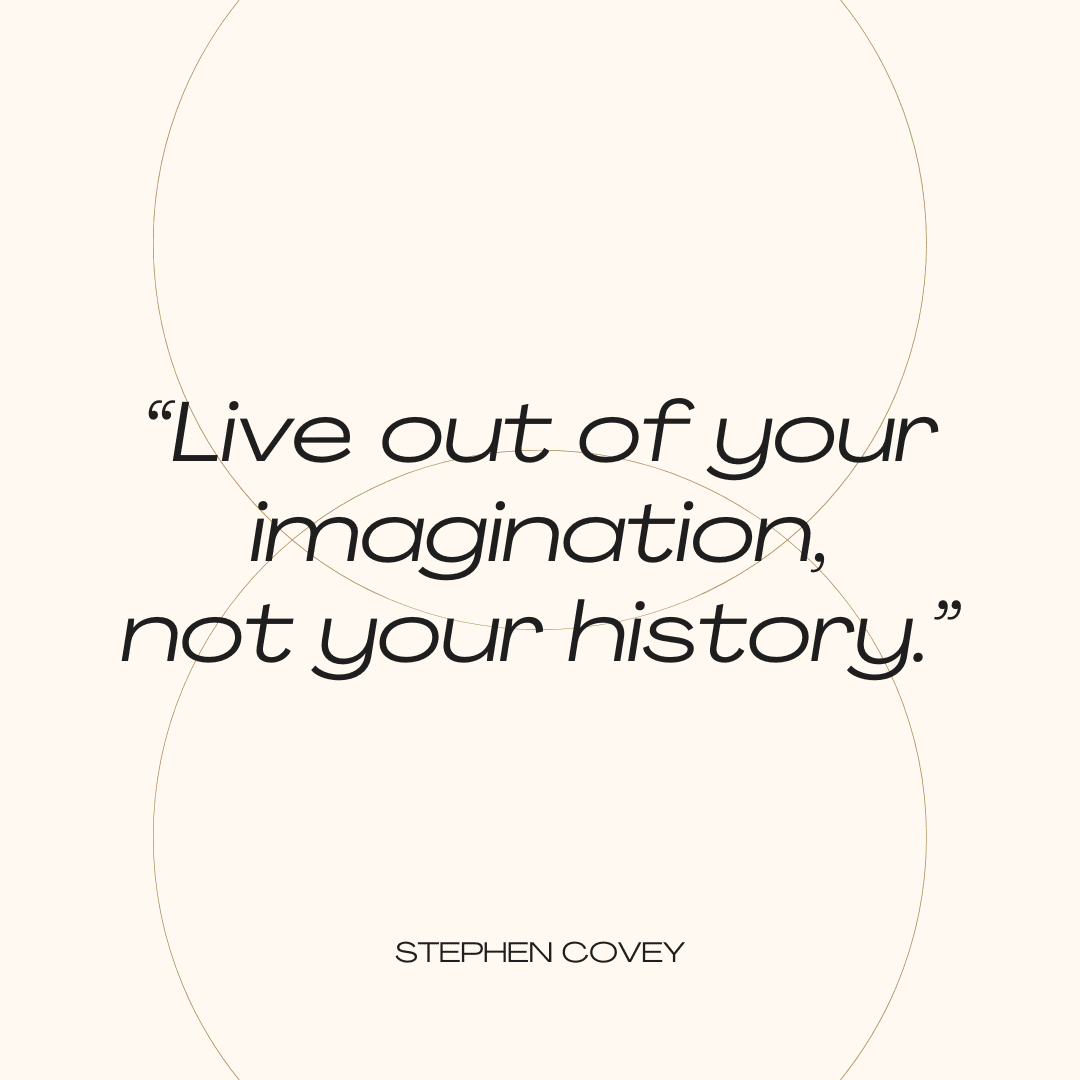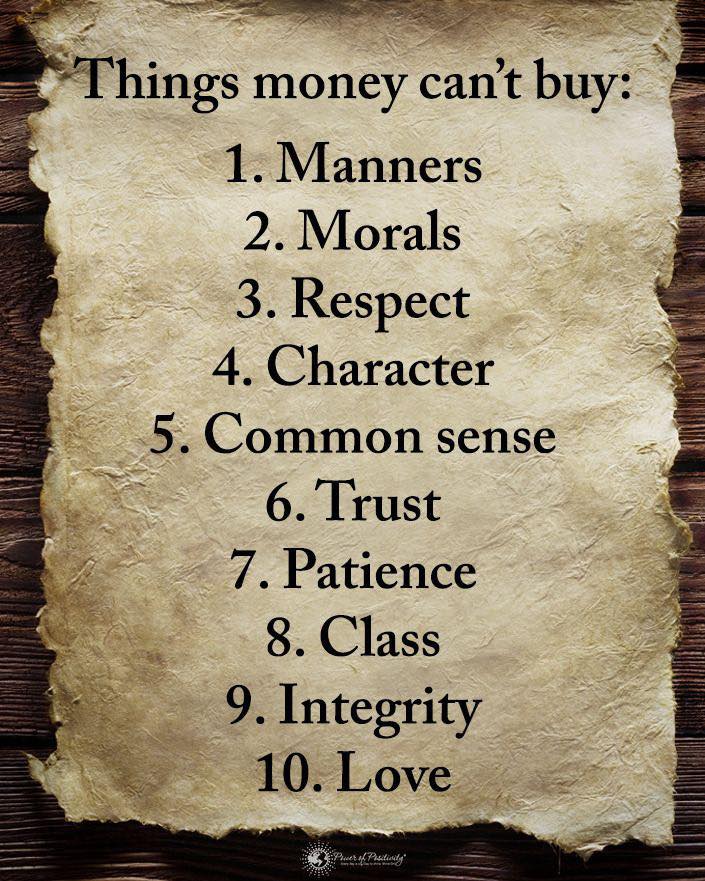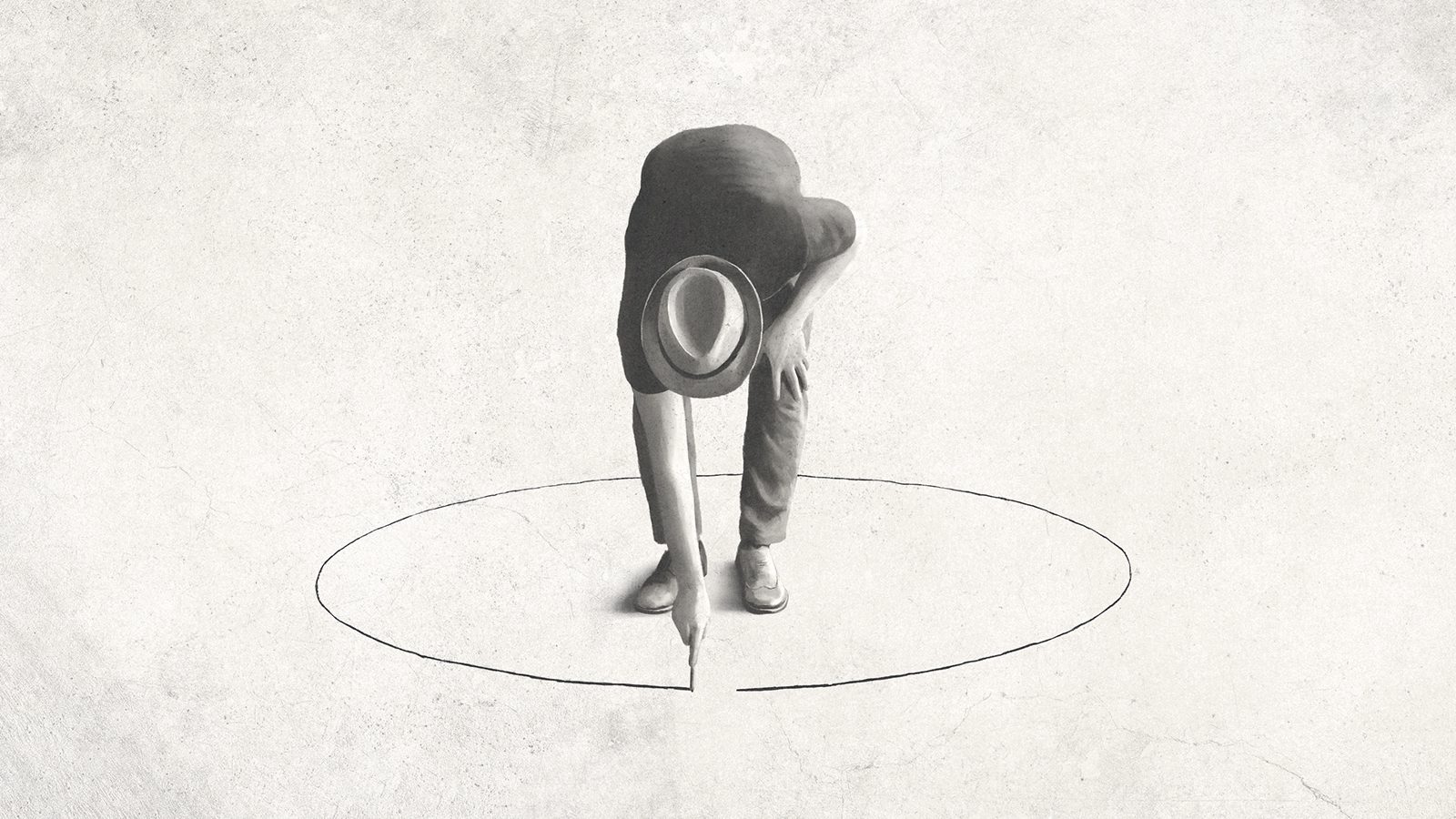As self-help expert Stephen Covey explains, a circle of control can help you focus on improving happiness and living a fulfilling life. It’ll help you prioritize the things that matter most so you don’t waste your time and energy on other things.
Stephen Covey is an author and businessman who wrote “7 Habits of Highly Effective People”. In his book, Covey discusses the circle of control and how it can promote happiness in your life.
You can’t always be sure things will work out how you hoped. Instead, you can only control how hard you work toward the goal. You can only do your part and let the rest play out.
The circle of control helps you stop thinking and worrying about things you can’t change. When you let go of these worrisome thoughts, you’ll notice an improvement in your life. It allows you to regain power over your life.
What is Covey’s Circle of Control
Stephen Covey discusses the circle of control and how it can improve happiness. He believes that all issues in your life fall into two categories, including the circles of:
- Concern: represents everything that worries you, and you can’t change all of them.
- Influence: represents what you can influence or change.
- Control: represents the portion of overlap that you can make a definitive decision about.

Your circle of influence includes things within your concern, but not everything. Covey says that all issues in your life fall into one of the two categories.
Your circle of control includes the things within your circle of influence and are also in your circle of concern. It’s the things you want to do something about and can directly influence. There is still an area you can’t do anything about, and that’s where Covey’s concept comes in.
You can only influence the things you can put effort into. If you can’t do anything productive, you likely can’t change the situation, even if you try. The circle of concern is even narrower, as it includes only things you can directly control.
To narrow it down, it’s as follows:
Circle of Concern
This circle can include anything that causes worrisome thoughts. It involves things like war, politics, pandemics, weather, and issues with your daily life. Anything vital to you falls within this category, regardless of how it affects you or if you can influence it.
Circle of Influence
This circle involves what you care about and can influence in some way. You might have to improve your skills or take extra steps, but you can make a difference.
Circle of Control
This circle involves the things you worry about, can influence, and can make an effective plan for. It also includes how you respond to external situations. This circle includes your attitude, thoughts, and enthusiasm for the situation. These things must also be within your circle of influence.
Think about how you can directly influence or change a situation. All that matters is whether you care and can do something.
Where to Focus Your Energy
Understanding the circle of control helps you figure out where you should focus your energy. Put your time into anything that falls within the circle of influence.
It might help if you create your circles on a piece of paper. Layer them to show what you worry about compared to what you can influence. Then, narrow your focus to only the things in your circle of influence.
You can expand your circle of influence by picking up new skills or finding new sources. Otherwise, you can let go of things you can’t change if it’s not worth your time or energy. If you can’t do anything about it and don’t want to figure out how to change it, then it’s time to let go. Letting go narrows your circle, but it frees your mind to think about positive things instead.
However, your circle of concern expands if you lose skills or the ability to influence a situation. You must find a balance between the two and learn to let go of the rest.
When you focus only on the things you can change, it helps you work more effectively. You’ll make more progress in the areas that matter rather than burning yourself out in the other parts of life. If you can’t influence a situation, putting time into it won’t make a difference.
What Happens If You Don’t Focus on Your Circle of Control
You’ll waste time and energy if you focus on things you can’t influence. It causes you to miss out on the things that can change, hindering your long-term progress.
You likely don’t want to waste energy focusing on things that hold you back. It can cause negativity in your life, hindering your confidence, growth, and overall well-being.
When you focus on things you can’t influence, it also causes you to radiate negative energy. If that happens, you might find it hard to find people to spend time with because they pick up on the negativity. You might constantly talk about what’s wrong in your life without realizing it.
While your friends want to hear you out, they don’t always want someone who can’t focus on anything positive—concentrating on things you can’t do anything about increases your stress, leading to other negative feelings.

Why You Should Use Covey’s Circle of Control for Increased Happiness
When you utilize Convey’s theory, it can help you lead a happier life. You’ll be more proactive when focusing only on the things you can change. Worrying or trying to change anything else only creates unhappiness and stress.
Focus on your strengths, desires, and connections to determine what’s within your circle. When you narrow it down, you’ll find happiness knowing that you only worry about the essential things.
It gives you direction on where to go and focus your energy yet. Narrowing your circle also helps you let go of worries that don’t serve you or can’t change.
You’ll save time and energy by not ruminating or being inactive. Plus, it helps you focus, see the connection to success, and become more resilient.
How to Apply the Stephen Covey Principle to Your Life
Knowing why the circle of control creates happiness is one thing. Understanding how to apply it is another. Altering your thinking can help you be proactive moving forward, enhancing productivity and satisfaction. If you use it in your life, you’ll notice an improvement in your surroundings and well-being.
1 – Challenge Your Thinking
If there’s something you deeply care about but is outside your circle, you can think about it again. Consider if there is a way you can influence it that you haven’t thought of yet. You can do the same with the things you can already contribute to, brainstorming new ways to make progress.
2 – Determine What You Must Do
Focusing on the areas of importance, figure out what you must do to change the situation. Consider which skills you can build to improve your level of influence. You can also work on eliminating self-limiting beliefs that hold you back.
3 – Let Go of Anything Outside Your Circle
Once you’ve brainstormed and determined what’s outside your circle, let go of everything else. Don’t waste your time and energy on things you can’t do anything about. Once you let go, you can focus on everything else and find happiness.
You’ll find fulfillment if you stop worrying about things you can’t control. It’ll help you focus on meaningful experiences and situations rather than worrying about anything else.
4 – Shift your Mindset
If you feel anxious about things beyond your control, shift your mindset. Make a conscious effort to focus only on what you can change. It’ll help you refocus and let go of things you can’t do anything about.
5 – Think About Your Priorities
When your thoughts focus on negativity, think about the things that bring meaning to your life. Think about your priorities and the things you can directly influence.
How the Circle of Control Creates Happiness
When you focus on the things you can change, it helps you improve your overall well-being. You can improve your mental wellness and focus on the things that matter the most.
While the things outside your control might still matter, you’ll know that you can’t do anything about them. It helps you let it go and focus your energy and time on things that will bring happiness. Doing it any other way will only induce stress.
Narrowing your circle beyond your circle of influence can make a difference. It allows you to release the things you only care about because those around you are passionate about it. Letting go of these things further narrows your circle by letting you focus on your passions.

Final Thoughts on Understanding Stephen Covey’s “Circle of Control” and Embracing Happiness
Stephen Covey explains the circle of control and how it can create happiness in your life. It helps you refocus on the things you can do something about rather than the things you can’t. When you can refocus your thoughts this way, it helps you train your mind to focus on positivity. It helps you live a life of hope, confidence, and happiness.


















